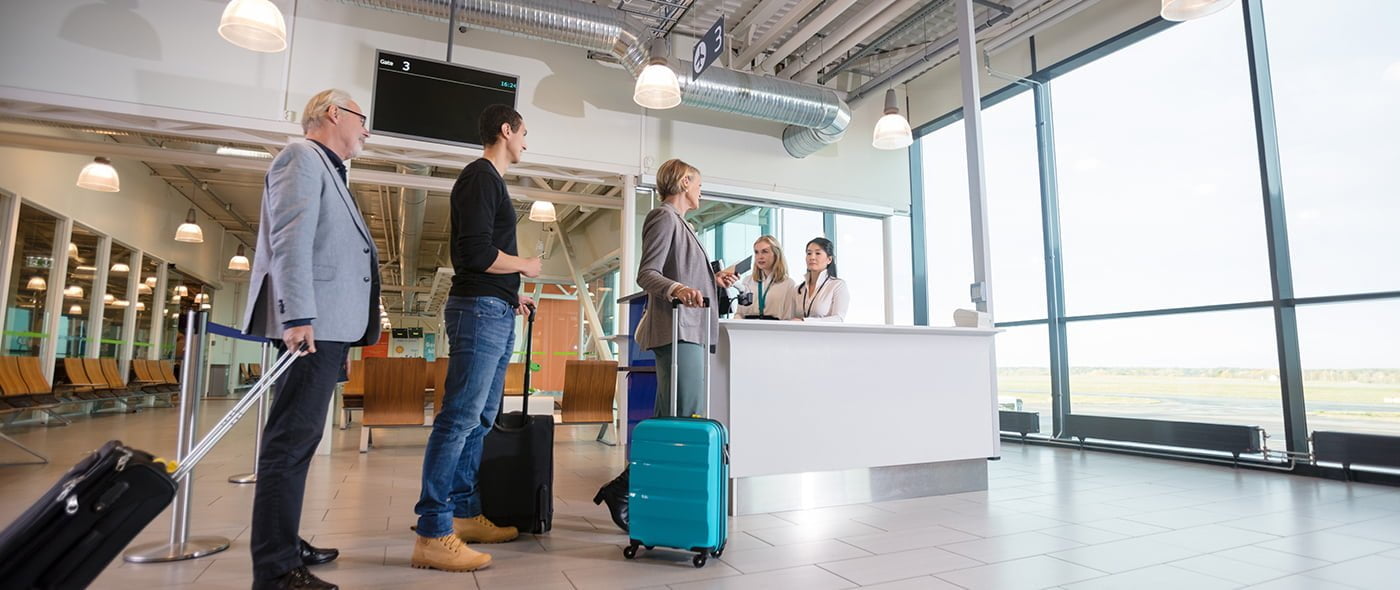Relocating an office is probably more complicated than moving homes. There are many things to consider to ensure a successful move, including office furnishings, supplies, and even the employees that must be organised and settled.
Whether your business is moving across the region or abroad, a poorly managed office move can be a huge headache, not just for you, but also your employees and even your clients. This is especially true if you choose to do office relocations during peak season.
To ensure a successful business relocation during peak season, here are five tips you must remember.
1. Start planning your relocation early
Time is a critical factor when moving your business during peak season, so you must act early. Advanced planning can eliminate the unnecessary hassle and help streamline logistics.
If you put off attending things, even the tiniest details, until the last minute, you may end up running out of time for organising the move, or paying more for removal companies.
But if you have a detailed relocation plan outlining how and when each task must be performed, and how much every aspect of the move will cost, you can significantly save money and time. Most importantly, it will ensure a smooth office move.
Give yourself three to six months to put together a clear and concise relocation plan. Evaluate the things that should be moved and decide on the items that can be securely eliminated and donated. Though some establishments can accept used office furniture, you can’t assume they can coordinate rush pick-ups to suit your moving schedule. The same is true when securing the disposal of electronic devices.
2. Find a removal company and book a date ASAP
Relocating your office during the peak moving season means movers are in demand. Make sure to choose a reliable mover and pick a moving date that works best for you.
Getting an office removal company on board early will also ensure that there will be no hidden or extra costs to pay. For instance, you may pay more if the movers charge extra for packing and moving delicate office equipment. Though it might be worth paying extra to ensure the safety of the item, you still need to factor these things into your cost assessment so you can include them in your budget.
Do not risk working with mediocre removal companies. Instead, prioritise finding the best and schedule your move date early.
3. Take inventory of all items
Taking inventory is a must when relocating. You need to include all the equipment and supplies you have on your business premises. Compile all files and papers you will need in the future and make a list of those as well. You don’t want to lose anything relevant, so create a detailed list and take this seriously.
Having a list of all equipment, documents and supplies will also guide the relocation company in providing you with a reliable quote. More importantly, it will help ensure that nothing will get lost or damaged during transit.
4. Delegate moving tasks
An office relocation is not a solo endeavour, but rather an entire company’s affair. Assign tasks to employees or teams. For instance, ask a number of your workers to complete the inventory while the others purchase packing materials or other items you need for your move.
As for tasks that need proficiency, delegate them to competent workers. For instance, let the IT department deal with tech-related matters, and those in the administrative sector can prepare all the necessary documentation.
Delegating jobs will reduce your workload and guarantee an organised move. It will also ease employee tension because they are involved in the relocation process and know firsthand what is taking place.
Make sure to be clear and loud about everyone’s tasks, including the deadlines. As you assign tasks, it would also be great to get input from your employees regarding the changes they want for their new space, and make an effort to acknowledge staff needs in planning and designing your new business location.
5. Be mindful of essential documents and deadlines
Generally, vendors will require different documents and set varying timelines. Make sure to keep a list of each one’s specific requirements because failing to meet the deadline or missing paperwork can hold up timelines and relocation services.
Moreover, most key actions can only be taken after completing preparatory steps, so make sure that everyone adheres to the expected timeline milestones to keep the office move running smoothly.
Moving a business, regardless of whether it is a small or large one, is not easy since it involves handling numerous supplies, bulky and fragile equipment, and essential documentation. But if you plan well and aim to include your employees throughout the relocation process, you’ll be back in business in no time.
At Writer Relocations, we can minimise the stress by tackling your move because it is our area of expertise. Our experienced packers and movers can relocate your business, supplies, equipment, and people hassle-free. From planning the office shifting process to managing the office move, you can trust us. Get in touch with us today to learn more about our high-quality corporate relocation services.











